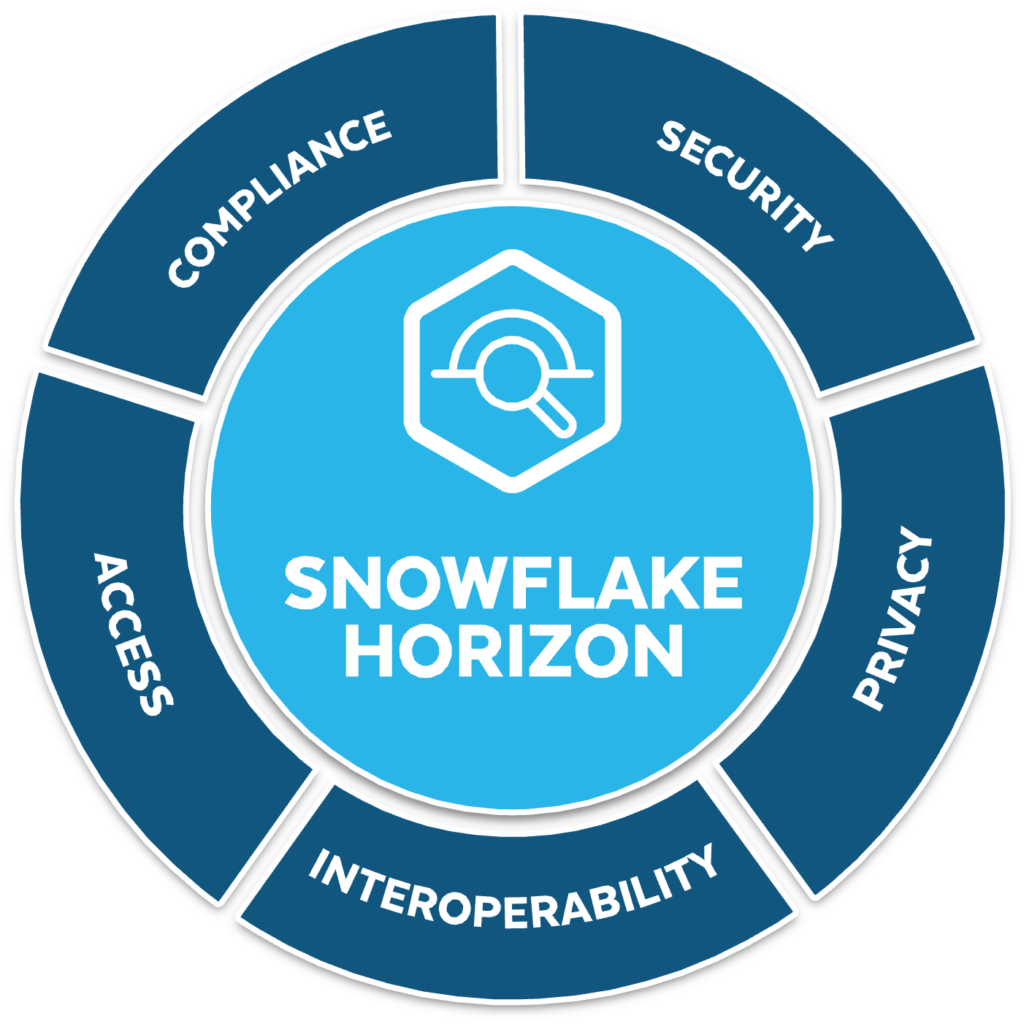The use of data intelligence aids human intelligence. Data intelligence and analytics offer a picture of how and why people could utilize a specific data asset. Data intelligence answers questions about who, what, where, and when. Understanding how a resource has gotten used in the past helps advise how you should use it going forward.
In this article, we will be tackling the following:
What is Data Intelligence?
Data intelligence uses analytical tools and procedures to comprehend better data collected to enhance services or investments. Data intelligence consists of analyzing and interacting with data to improve future decision-making.
Enterprise data intelligence includes company performance measurements, consumer and user data mining, and other descriptive sources.
To learn more about:
Data Intelligence vs. Business Intelligence
Business Intelligence focuses on complicated techniques and technology that enable end-users to evaluate the data and execute decision-making activities to expand their business. Business intelligence (BI) is a critical component of effective data management and management of business performance.
Conversely, data intelligence gets used to transform unstructured data into a format that the general public can understand. It is possible to use the cleaned, converted, or modeled data to assist in decision-making, draw conclusions, and put predictive analytics into practice.
In contrast to business intelligence, data intelligence is primarily concerned with analyzing data itself rather than arranging and presenting it in a way that makes business intelligence findings simpler to grasp.
However, despite the differences, in many cases the terms are used interchangeably.
The Role of Data Intelligence Towards Data Democratization
Data democratization implies that data is made available to everyone, with no restrictions on who sees it or uses it. Providing easy-to-understand access to information is essential if we speed up decision-making and identify new prospects for a firm. The ultimate objective is to remove all obstacles to data consumption and decision-making so that everybody may benefit from it at any time.
Data information intelligence propels democratization. If you want a leg up in the competition, advocates of data democratization argue that you need strategic data intelligence. In other words, you need to share information with all of your employees. Identifying and acting on crucial business insights will be easier for your company if more individuals with various skills can quickly and easily access the data.
Businesses can make this happen through the right data intelligence platforms. Many specialists feel that the decentralization of data is a game-changing development. It allows employees at all levels of responsibility and ownership to utilize the data in their decision-making if they have access to it.
Building a Data Intelligence Mindset
With the help of a data intelligence platform tailored to your specific needs, data managers may incorporate DI into their regular operations. There are several factors to consider while deciding on the best software.
Three easy steps are all that is required. The first step is to create a strategy that includes attainable targets and real-world applications. Next, you test these use cases using the selected software. As the last phase, you introduce your initiative to a smaller group to test it out in a controlled environment before expanding it to the rest of the firm.
Determine the Overarching Objectives and Specific Use Cases for Your Strategy
To achieve its goals, the company has to use data intelligence. What will it take to achieve success? For your goals to be effective, they must be aligned with your company’s objectives and clearly defined as such.
The nature of your objectives will get influenced by the industry in which your company operates. Data management techniques in highly regulated industries like insurance, healthcare, and financial services have generally been defensive and focused on compliance. Retail and other less-regulated businesses typically aim to exploit client data more aggressively, making their methods more aggressive.
Testing
It’s time to put your objectives and use cases to the test. The following are a few examples of goals and their associated use cases:
The company’s goal is to use its information about its customers better. Analysts may get challenged to utilize the software to evaluate consumer data and derive new critical insights in a use case.
The company is implementing a cloud-based data warehouse. You can use cases to evaluate the program as a data migration tool for some comprehensive data.
- Does it draw attention to the fact that the system relies on older components?
- Do you have control over the data as it moves?
- What happens if it’s moved to the cloud later on?
The company’s goal is to assist analysts by democratizing access to data. A dozen analysts may get onboarded and invited to evaluate the new software in a use case.
- Is their output boosted as a result of the software they’ve chosen?
- Do they now have more faith in their talents to provide reliable information and recommendations?
Implementing Data Intelligence Platforms
Once you have established a DI, you may share it with key stakeholders, look for potential users, and designate your team members to maintain the platform itself.
Summary of Data Intelligence
Data intelligence provides data management and organization structure through big data and AI. In addition, data intelligence is the driving force behind data transformation since it turns massive amounts of data into an ever-expanding knowledge base.
Artificial intelligence (AI) and other technologies built to process massive amounts of data do not filter the information they consume. As a result of this quality information, data intelligence helps companies gain a better understanding of their subject of study by sorting excellent data from bad, relevant, from irrelevant information.
To sum up, the term “data intelligence” isn’t only a buzzword associated with artificial intelligence (AI), machine learning (ML), or big data. Regardless of the size of a company or business, data intelligence is becoming a must-have methodology. In the future, organizations will benefit from its capacity to process enormous volumes of data and generate exact conclusions and its worth in handling data intelligently.
Data Intelligence With Satori
Satori can improve your data management for data-driven organizations. This will help your organization to optimize decision making and improve both security and productivity.
To learn more:



